Navigating the roads of Ontario requires more than just vehicular control; it demands adherence to the laws established under the Highway Traffic Act. Among the most fundamental requirements is possessing a valid driver’s license. The implications of failing to meet this requirement can lead to significant legal consequences. In this detailed exploration, we will delve into what these consequences entail, specifically focusing on the penalties for driving without a license, with a suspended license, or with an expired license in Ontario.
Overview of Fines for Driving Without a Licence in Ontario
The legal consequences of driving without a valid driver’s license are delineated with clarity and strictness under the Highway Traffic Act. For first-time offenders, the act stipulates fines ranging from $200 to $1,000, allowing the courts to adjust the penalty based on the specifics of the offense, such as the individual’s driving history and the potential risk to public safety. The driving without a license in Ontario penalty serves as a deterrent to ensure only licensed individuals operate motor vehicles, reducing risks on the road.
The Act takes a particularly stringent stance against individuals driving with a suspended license, imposing minimum fines of $1,000 for first offenses and escalating for subsequent infractions. In addition to financial penalties, violators will further face an additional 6 months license suspension, as well as possible imprisonment for up to six months, reflecting the seriousness with which the law views the act of ignoring court-ordered suspensions. Drivers found guilty of a “drive motor vehicle no licence Ontario” offense face not only financial consequences but also further legal complications.
What Happens If I Am Caught Driving With No License In Ontario?
The repercussions of being caught driving without a license in Ontario can range from fines to more severe penalties, depending on the context of the violation. Let’s look closer at different scenarios:
You Do Not Have the Licence Card With You but You Do Have a Valid Driver’s License
In instances where a driver is licensed but does not have their license on hand, the officer may verify the driver’s license status. If confirmed, the penalty might be less severe, often resulting in a fine for failing to produce a license upon request. Section 33.1 of the Ontario Highway Traffic Act addresses the specific offense of failing to surrender a license. This section mandates that upon request by a law enforcement officer, a driver must provide their driver’s license for examination. Failure to comply with this requirement constitutes a direct violation of the Act and can carry a fine of not less than $60 and not more than $1,000.
You Have a Suspended Driving Licence
Driving while your license is suspended is considered a grave offense under Section 53 of the Highway Traffic Act. The Act stipulates a minimum fine of $1,000 for a first offense, with the possibility of imprisonment for up to six months. For subsequent offenses, the fines increase significantly, and the potential for imprisonment remains, highlighting the law’s effort to deter individuals from flouting suspension orders.
Section 53 also addresses situations where an individual’s license is suspended due to convictions related to impaired driving. In these cases, the penalties are even more stringent, with fines starting at $5,000 for the first offense.
You Have an Expired Driving Licence
Driving with an expired license is considered driving without a valid license. The penalties for contravening this provision include a fine of not less than $200 and not more than $1,000 for a first offense. Subsequent offenses may attract higher fines. It’s advisable to keep track of your license’s expiry date to avoid such situations.
You Have Never Had a Driving Licence
For individuals caught driving without ever having obtained a license, the penalties are notably severe. Section 32(1) – explicitly prohibits the operation of a motor vehicle by an individual who does not have a valid driver’s license. The penalties for contravening this provision include a fine of not less than $200 and not more than $1,000 for a first offense. Subsequent offenses may attract higher fines.
Steps to Take if Caught Driving Without a License
If you find yourself in the position of being caught driving without a license, it’s essential to take the following steps to mitigate the situation:
- Remain Calm and Cooperative: Provide the necessary information to the law enforcement officer and follow their instructions.
- Seek Legal Assistance: Contacting a paralegal service that focuses on traffic-related offenses can provide you with the guidance and representation needed to navigate the legal process.
- Address the License Issue: Whether it involves renewing an expired license or beginning the process to obtain one, taking immediate steps to rectify the lack of a valid license is crucial.
Circumstances Where Driving Without a License May Be Permitted
There are limited exceptions under which driving without a valid license might be excused, typically involving emergency situations where the unlicensed individual’s action can be justified as necessary to prevent harm. However, these instances are rare and highly dependent on the specific facts of the situation.
Conclusion
The laws governing road use in Ontario are designed to ensure the safety of all road users. Driving without a valid license, regardless of the reason, is a violation of these laws and is treated accordingly. Whether you’ve forgotten your license at home, are driving with an expired or suspended license, or have never obtained a license, the penalties can be severe. In such situations, seeking the assistance of a professional paralegal service, experienced in dealing with traffic violations, can be invaluable in navigating the legal ramifications and working towards a favorable outcome.
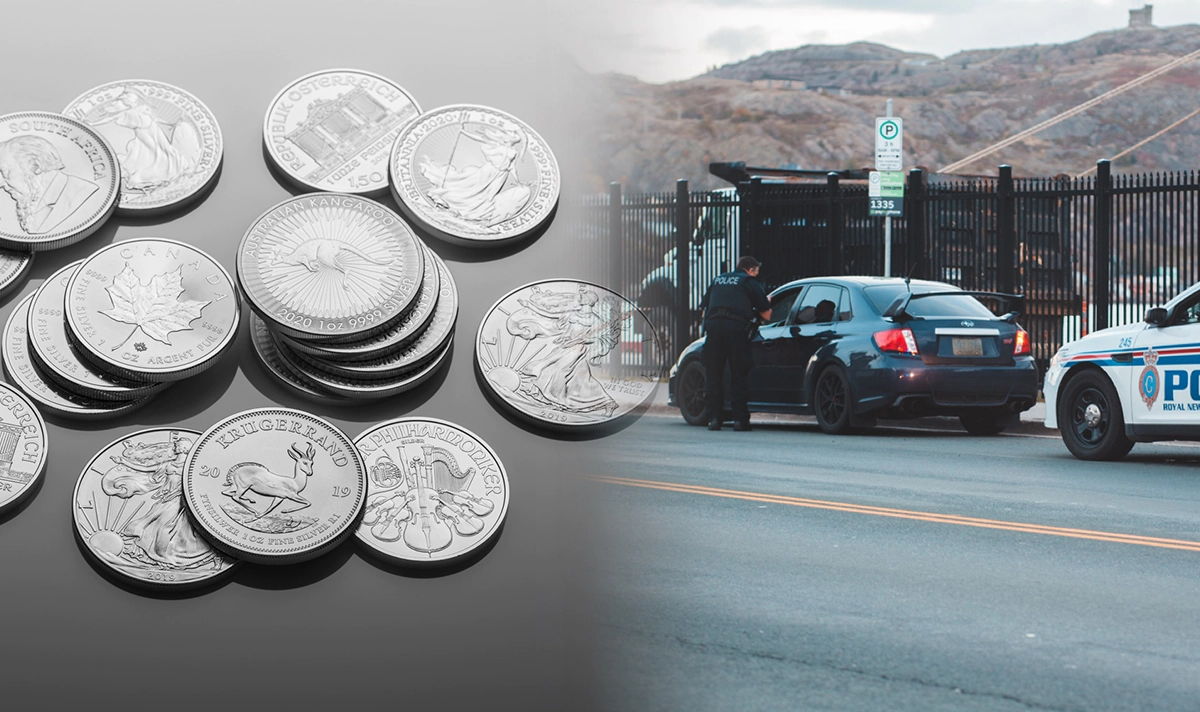

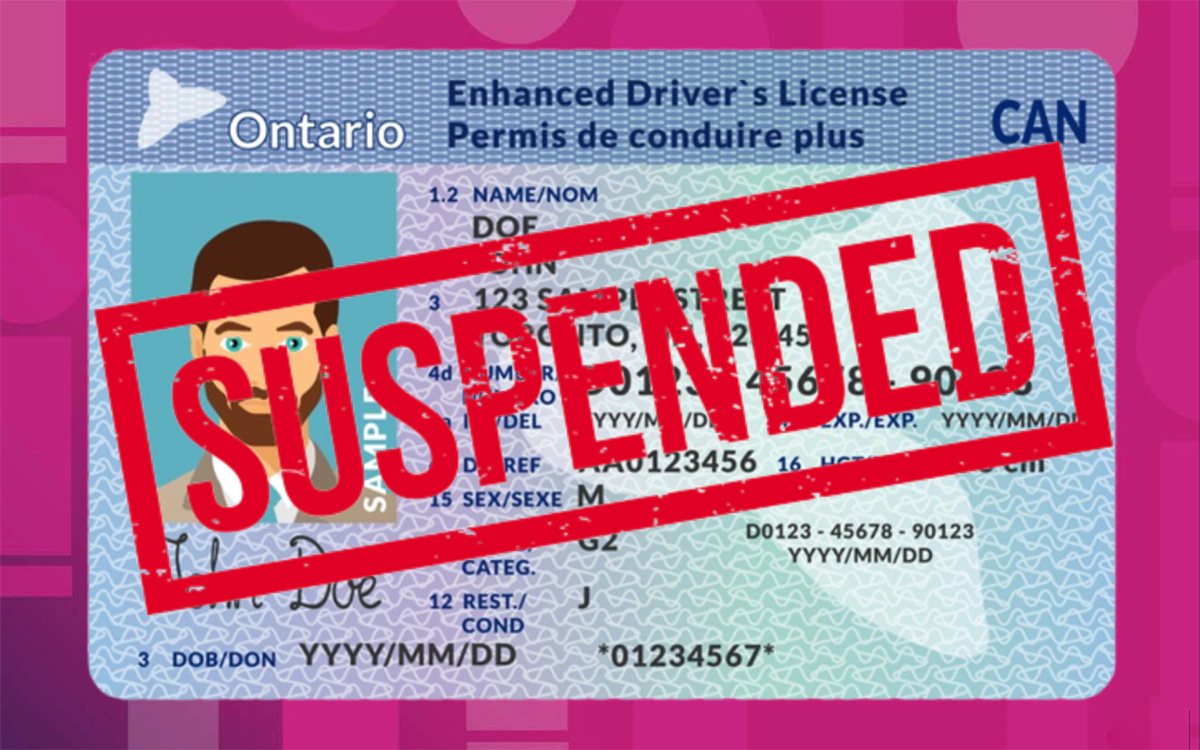
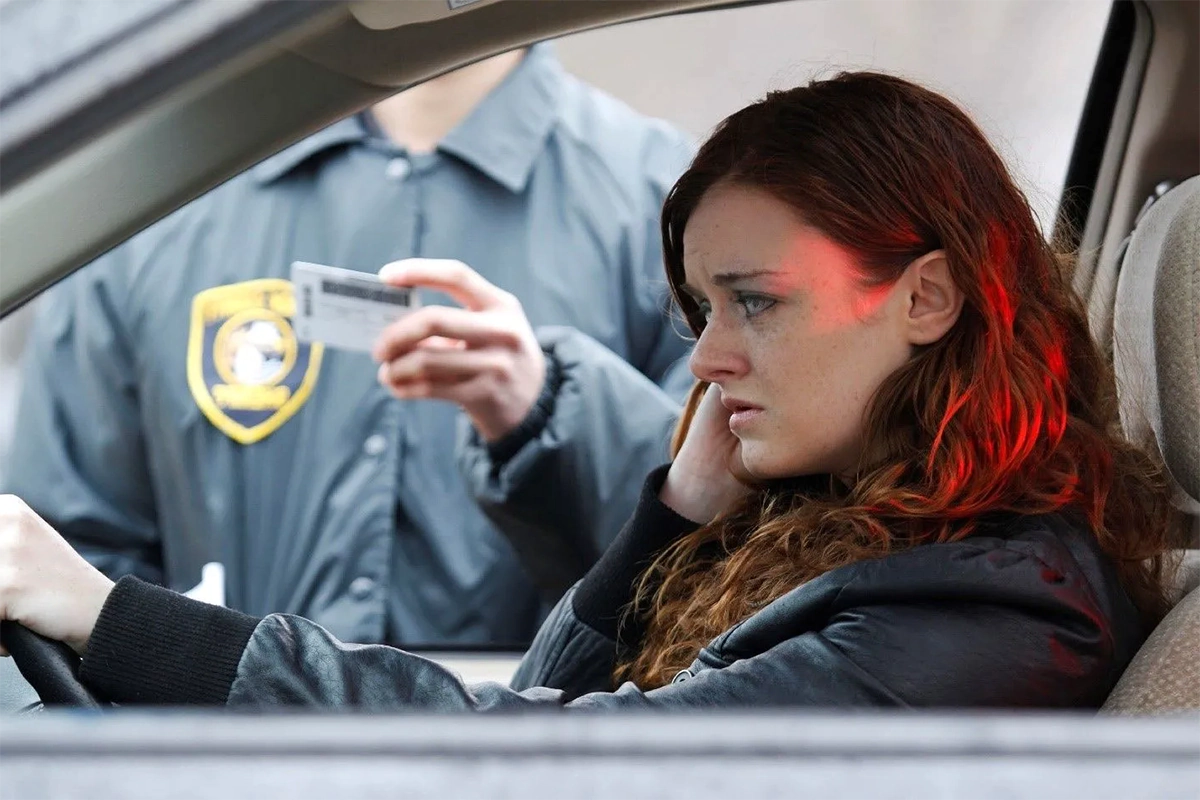
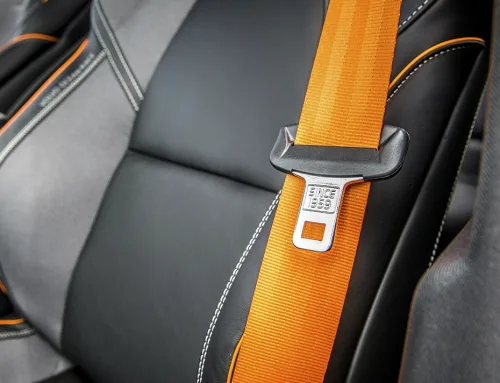

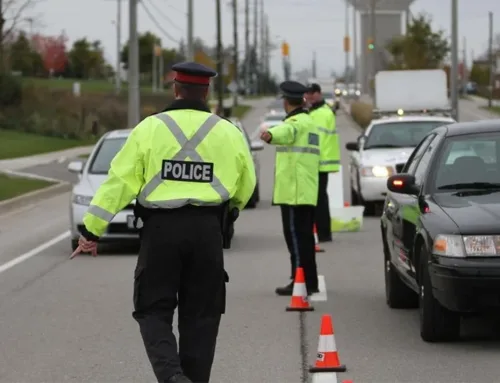

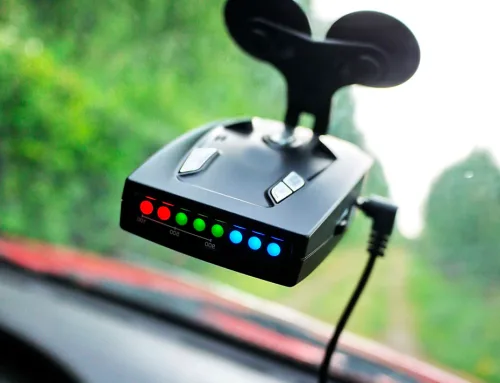
Leave A Comment
You must be logged in to post a comment.